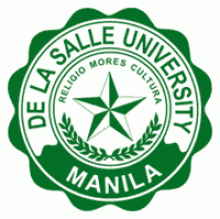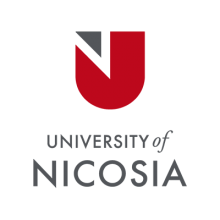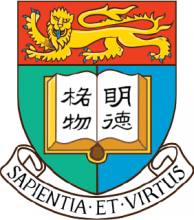About University of Strasbourg
The University of Strasbourg dates back to the 16th century, but the institution in its current form was founded in 2009, following the merger of Louis Pasteur, Marc Bloch and Robert Schuman universities. The university was divided into these three institutions in 1971.
The university offers a range of degrees including diplomas, bachelor’s, masters’s, and doctoral courses.
The largest proportion of its students undertake courses in law, economics, and management and political science, but there are also courses in arts, literature and languages; humanities and social sciences; health; and sciences and technology. Overall, Strasbourg has 37 education and research departments, faculties, schools and institutes and a further 72 research units. The university’s Institute for Advanced Studies aims to support ground-breaking research across scientific disciplines.
The university has a large proportion of international students, most of whom come from other countries in the European Union. There are also high numbers of students from Africa and Asia, some students from America, and a small proportion from Oceania. The university’s International University House offers services to students, staff and researchers from across the world and includes accommodation.
The university is associated with three Nobel laureates: Martin Karplus, who won the chemistry prize in 2013; Jules Hoffmann, who won the physiology/medicine prize in 2011; and Jean-Marie Lehn, who won the chemistry prize in 1987.
Strasbourg is a founding member of the League of European Research Universities, an association of 21 institutions.
The university raised €22.5 million through a fundraising campaign between 2010 and 2014 – the largest amount raised in a campaign by a French university. It has contributed towards research and training programmes and facilities and scholarships.
In 2015, the university transformed its campus, with new lawns, walkways, seating areas and bike racks, and outdoor WiFi access points.
Explore these featured universities
Explore rankings data for University of Strasbourg
Key statistics
- 51,028Number of FTE Students(1)
- 19.8No. of students per staff(1)
- n/aProportion of ISR Publications(1)
- 59 : 41Student Ratio of Females to Males(1)
- 21%Percentage of International Students(1)
Subjects taught at University of Strasbourg
Education
- Education
Life sciences
- Biological Sciences
- Sport Science
Business & economics
- Business & Management
- Accounting & Finance
- Economics & Econometrics
Psychology
- Psychology
Computer science
- Computer Science
Clinical, pre-clinical & health
- Other Health
- Medicine & Dentistry
Social sciences
- Politics & International Studies (incl Development Studies)
- Sociology
- Geography
- Communication & Media Studies
Engineering & technology
- Civil Engineering
- Mechanical & Aerospace Engineering
- Electrical & Electronic Engineering
- General Engineering
- Chemical Engineering
Physical sciences
- Chemistry
- Geology, Environmental, Earth & Marine Sciences
- Physics & Astronomy
- Mathematics & Statistics
Arts & humanities
- Languages, Literature & Linguistics
- Art, Performing Arts & Design
- History, Philosophy & Theology
- Archaeology
Law
- Law










